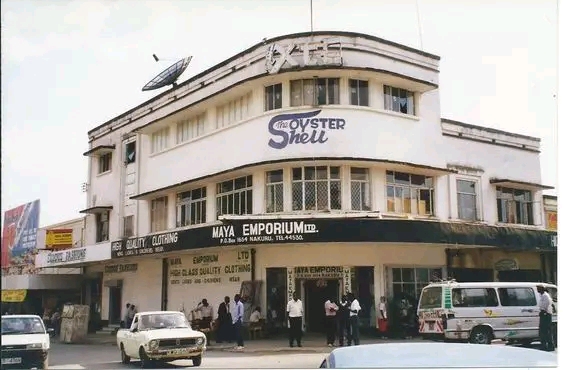Nakuru,
Friday March 29, 2024
KNA by Anne Sabuni
Nakuru County will be the first in Africa to adopt the Sponge City concept to mitigate flooding even as it worked towards a water resilient management systems.
Through a partnership with VEI, a Dutch Water Operator, the new city will mitigate the effects of flooding while allowing maximum water retention for its green environment.
VEI Kenya Project Manager, Myrko Weber noted that Nakuru will be supported with water and sanitation capacities while creating water resilience for the future.
“This concept works to address the imbalance of water. The concept basically means the city becoming a sponge, that retains water when there is too much and reusing the water during dry seasons.
“We are looking for nature based solutions including water harvesting at household level, having more greenery, while targeting low income earners around the lake who have suffered the effects of climate change,” added Weber.
Weber added that the project spanning to 50 million Euros will also see the feacal treatment sludge recycled into reusable products, adding that smaller investment programmes were also underway for a greener, healthier city to live in with enough water.
Water Leverage Programme Manager Sandra Schoof noted that the project was one of its kind in Africa after Columbia, noting that the upscaling to other cities across the world, would help make urban development resilient to climate change.
Nakuru County CEC for environment Dr Nelson Maara noted that the sponge city would control flooding by allowing maximum percolation to the ground, given the soil texture in Nakuru that was prone to developing serious cracks with heavy runoff.
Maara noted that the project that is on its feasibility stage will target activities for rivers: Njoro, Ndarugu and Ngosuru. The changing salinity of Lake Nakuru as well as infrastructure around Menengai crater would be prioritised as well as solid waste management.
“We want to go green here in town and have all open spaces green to absorb water. Home gardens and school gardens coupled with planting of trees will also boost efforts to have our pavements and footpaths to water absorption,” added Maara noting that drainages will be built with sinks to reduce the speed and density of the water as it drains down to the lake.
The project that is expected to take off later this year, will emphasise flood management through strengthening green infrastructures instead of purely relying on drainage systems.
This includes having more urban parks, gardens, green spaces, wetlands, nature strips and permeable pavings to reduce flash floods by serving as reservoirs for capturing, retaining and absorbing excess storm water.
The concept also includes rain water harvesting, construction and shallow dams where retained water can be used for irrigation and home use.
Courtesy; KNA


